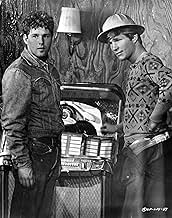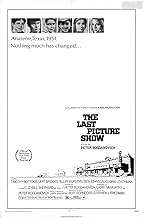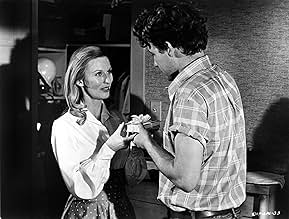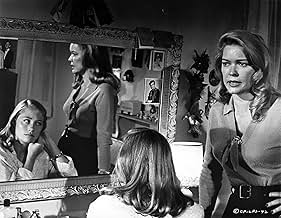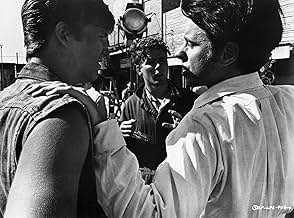Nel 1951, un gruppo di liceali raggiunge la maggiore età in una triste, isolata e atrofizzata città del Texas occidentale che sta lentamente morendo, sia culturalmente che economicamente.Nel 1951, un gruppo di liceali raggiunge la maggiore età in una triste, isolata e atrofizzata città del Texas occidentale che sta lentamente morendo, sia culturalmente che economicamente.Nel 1951, un gruppo di liceali raggiunge la maggiore età in una triste, isolata e atrofizzata città del Texas occidentale che sta lentamente morendo, sia culturalmente che economicamente.





